In a speech made in early July, Turkey’s President Recep Tayyip Erdoğan declared his plan to offer Turkish citizenship to the Syrian refugees. “Turkey is your home, too,” he said, addressing Syrians who have found asylum in Turkey. “I believe that among our brothers and sisters there are some who want to become citizens of the Republic of Turkey. Our interior ministry is taking steps in that direction.”
Later he developed the idea by claiming that “We will both benefit from these people with whom we share common values and eliminate the inhuman conditions they are living in.”
Turkey is hosting more than 2.7 million refugees, according to the UNHCR report. Interestingly, only two Syrians, a teenage pianist and a gifted university student, have been granted Turkish citizenship since the beginning of the civil war. However, the first wave of the refugees, around 500,000-600,000 people who crossed into Turkey in 2011, are approaching the five-year benchmark at which foreign residents can apply for a passport.
Such a move would certainly modify Turkey`s demographic map and pave the way for far-reaching changes in the country’s social and political life.
Many politicians and journalists, especially from the opposition, immediately claimed Erdoğan`s generous plan to have been actually aimed at getting millions of votes in future elections. According to some estimates, two million voters with newly-granted citizenship will be able to partake in the upcoming 2019 elections. Furthermore, it will endow the refugees with an opportunity to elect a Syrian mayor or governor in the southeastern provinces or to send deputies of Syrian origin to the Turkish parliament very soon.
Another hidden purpose of the project, according to some experts, could be weakening the strong position the Kurds enjoy in the Southeast, where most of the refugees are accommodated. “What is strategically important for the government are the bordering areas connecting Kurdish lands in Syria, Iraq and Turkey, which Ankara wants to influence by placing the refugees’ families there,” said Kurdish author Fehim Ashiq. “They will become a kind of a human buffer zone.”
Erdoğan’s controversial announcement raised many questions among the population and divided Turkish public opinion. The plan to naturalize Syrian refugees eventually became highly unpopular in Turkish society and the hashtag #ÜlkemdeSuriyeliIstemiyorum – “I don’t want Syrians in my country” – went viral on Twitter.
“We can provide our guests with food, accommodation, even money, but not the documents of our house” is among the trendiest comments as thousands of Turks are protesting harshly on social media.
The most patriotic ones even state that those who have left their own lands without fighting do not deserve normal treatment, while others argue that naturalized Syrians would never feel Turkish and would leave Turkey immediately in case of war just like they fled their native Syria. Some Turkish citizens feel discriminated as they have to pay taxes, serve in the military, pass exams to enter universities, while Syrians are exempt of these obligations and will be granted citizenship for free.
Pictures of Syrians waiting at the Turkish-Syrian border to visit their families and relatives in their home country for the holidays also caused outrage in Turkish society. People wonder why Syrians do not move back permanently if they can pay short-term visits to their country. Though some voices are heard in support of Syrians based on Muslim brotherhood and solidarity, they are quite weak and easily overrun by displeased ones.
The Turkish opposition did not hesitate to capitalize on the issue and attacked Erdoğan. While criticizing the president for the alleged attempt to secure more votes, they also claim that Erdoğan is more interested in his political ambitions rather than the lives of refugees.
The MHP (Nationalistic Party) leader Devlet Bahçeli opposed Erdoğan’s project: “Cheapening Turkish citizenship and distributing it to everyone will turn our homeland, which is the eternal legacy of our ancestors and martyrs, into a melting pot.” According to him, “It would be a great contradiction for a person who has lost the qualification of being a Syrian citizen to have the qualification of being a Turkish citizen.”
Furthermore, Turkey may not be ready for such a transformation. Dr. Murat Erdoğan from Hacettepe University says that “what is more horrific is that we have never carried out a policy of integration in Turkey thinking refugees will return to their homes after all.”
According to him, Turkey has usually accepted refugees of Turkic origin, but Syrians are different. “They do not speak Turkish. They have poor education. Nearly half of them do not even know how to read or write…There is over 10% unemployment in Turkey and competing for jobs will in itself cause complications with other ethnic or religious groups. I am afraid that the pledge of citizenship could also increase the flow of migrants to Turkey,” he argues.
In economic terms, Turkey will not enjoy a boom, as the officials are trying to portray. “We’ve got a sense that we were getting very low-quality immigration — poor, uneducated families, or at best businessmen who had some money to set up a shop or factory here,” said a Turkish official, quoted anonymously by a British newspaper.
The “brain import” policy will probably not work in Turkey, as only a handful of Syrians among the millions could offer some extraordinary talent or skills that could be equal to those of the Turkish. The language barrier and the time required for adjustment are further obstacles. Moreover, the majority of the skilled Syrians would opt to leave for Western countries and are ready to do it once an opportunity arises. In other words, Ankara must accept the reality that hundreds of thousands of Syrians are building new lives within Turkey, and that a system should be in place to better integrate them.
Politically, the anti-Syrian campaign supported by a big part of Turkish society will deal a heavy blow to Erdoğan’s position, as his foreign policy course titled neo-Ottomanism and oriented towards supporting Muslim nations had mostly been endorsed domestically before this. Since the Turkish people are sympathetic to strong nationalistic and patriotic ideas, the public perception of refugees (and other refugees overall) and of granting them Turkish citizenship is likely to become even less favorable.
Erdoğan’s plan to secure new voters can hit him back in this case, as he will likely lose many votes even from once ardent supporters. He also risks compromising his entire trademark policy of “a Turkey beyond the Turkish borders”, as people, albeit Muslims, will hardly accept non-Turkic influence.
The post was originally published here.

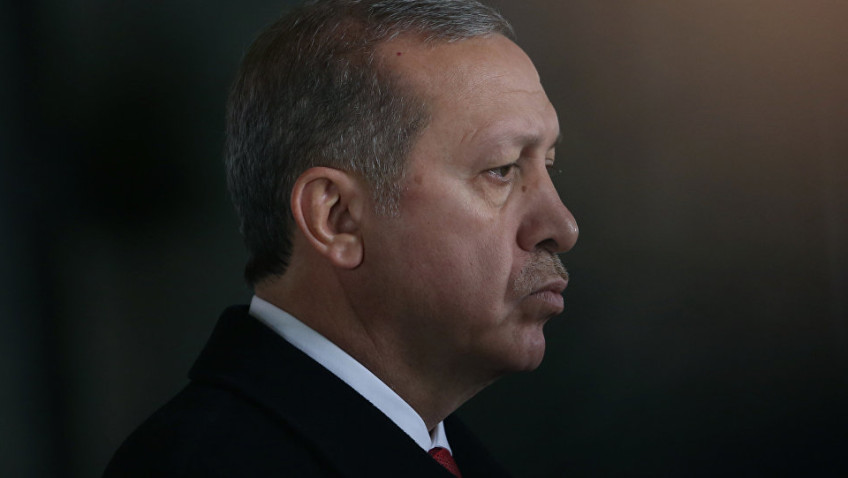
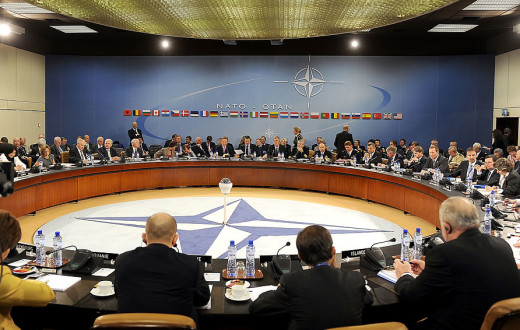
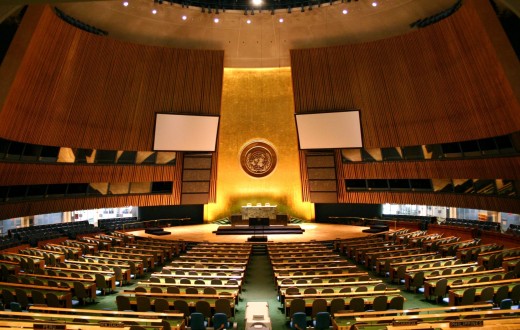
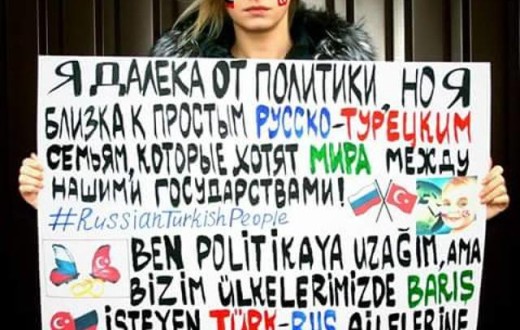
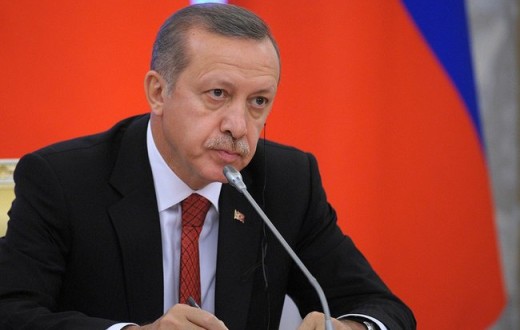
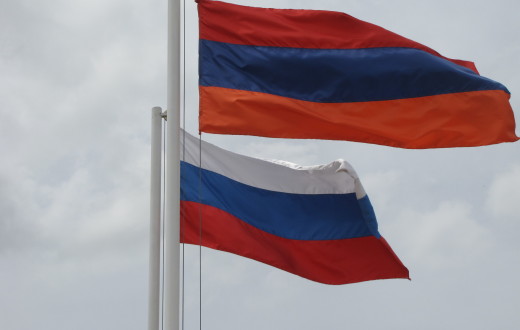
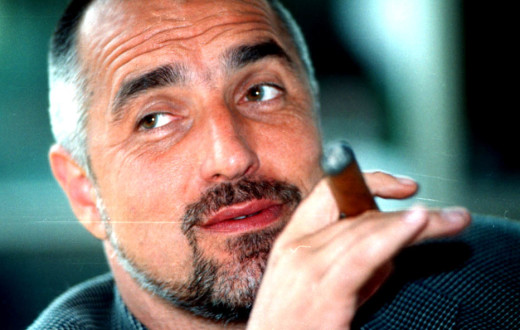
0 comments